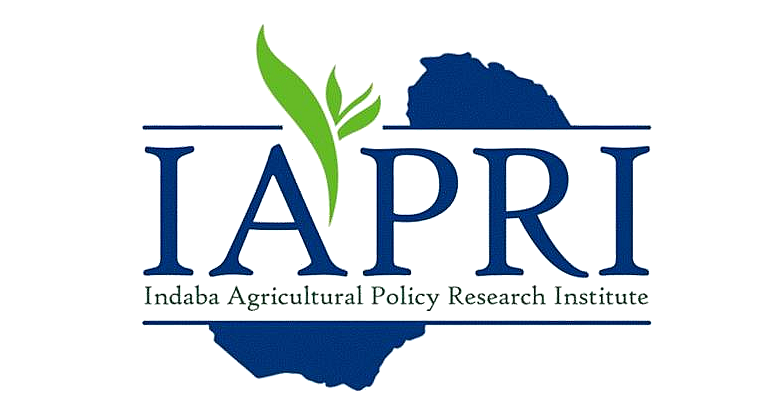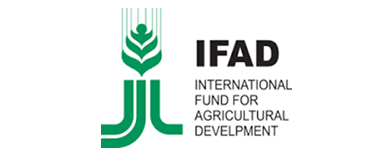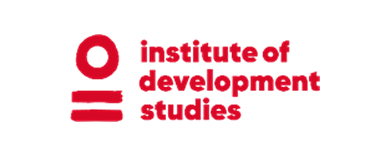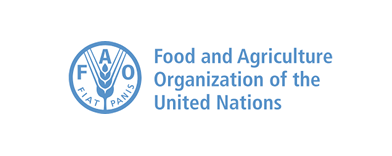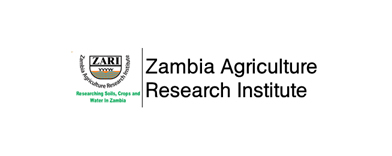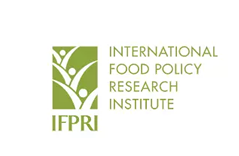- Version
- Download 7
- File Size 315.87 KB
- File Count 1
- Create Date January 10, 2017
- Last Updated September 10, 2025
Agricultural Trade: A Qualitative Analysis of Effects of Crop Levies on Grain Trade in Zambia
Executive Summary
Governments in East and Southern Africa, including Zambia, have been facing resistance from agricultural stakeholders in the introduction or increase of various crop levies (taxes). In the past, particularly in Zambia, this led to the abolishment or suspension of crop levies. In 2010 for example, there was an outcry from various stakeholders who argued that these levies were not only cumbersome to implement, but ultimately disadvantaged farmers/traders who transported products to markets, as well as increased the cost of doing business. Courtesy of the campaign to reduce the cost of doing business in Zambia through the Private Sector Development Reform Programme (PSDRP), the lobby received a favorable response.1
However, with the change in government in 2015, the suspension was short-lived. The Minister of Local Government in 2015 directed all municipalities countrywide to continue collecting crop levies to increase their revenues (Zambia Daily Mail 2015), stating that the earlier suspension was not backed by any law. As a result, farmers, private traders, and transporters have since been calling for the repeal of these levies because they are increasing the cost of doing business and making the farmers poorer as they have to always bear the cost of such taxes.
